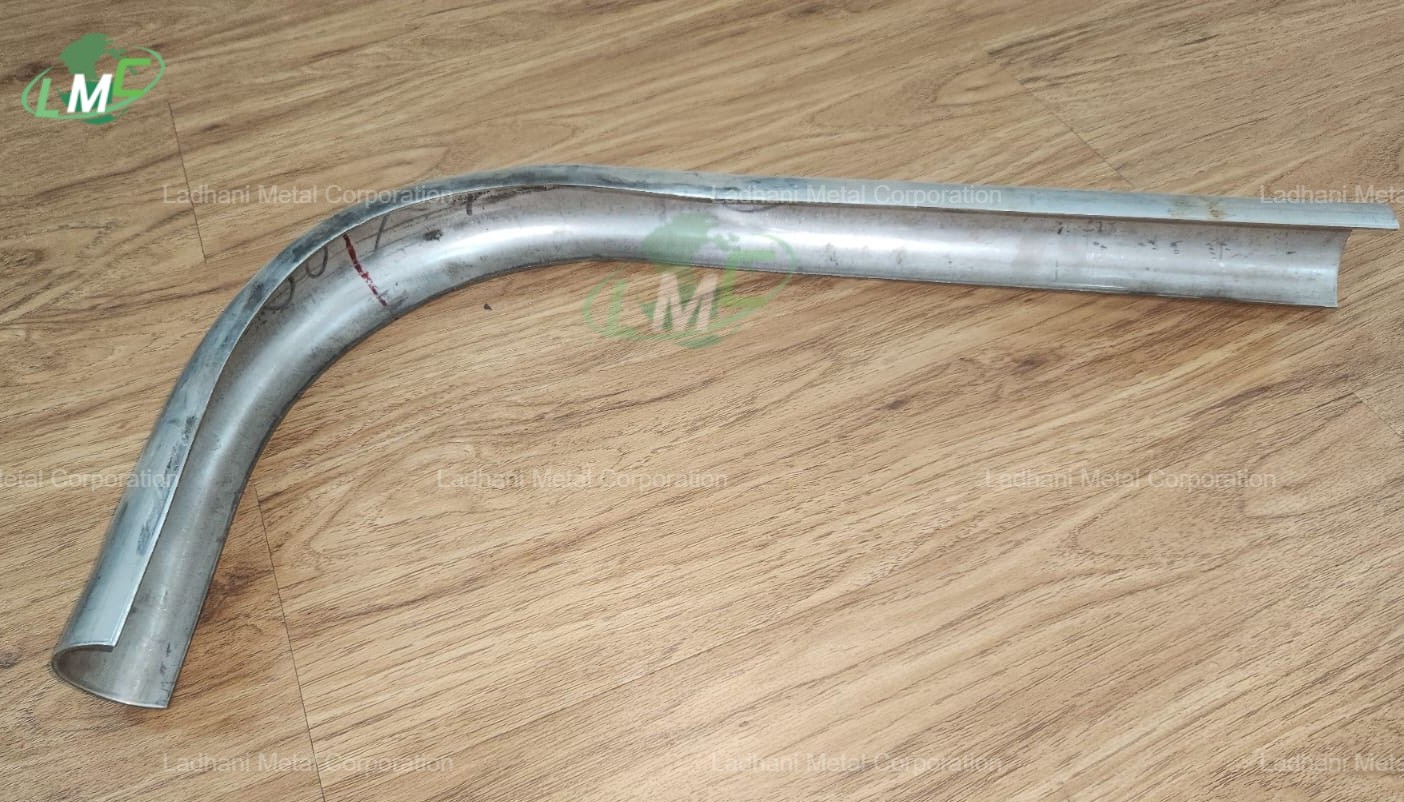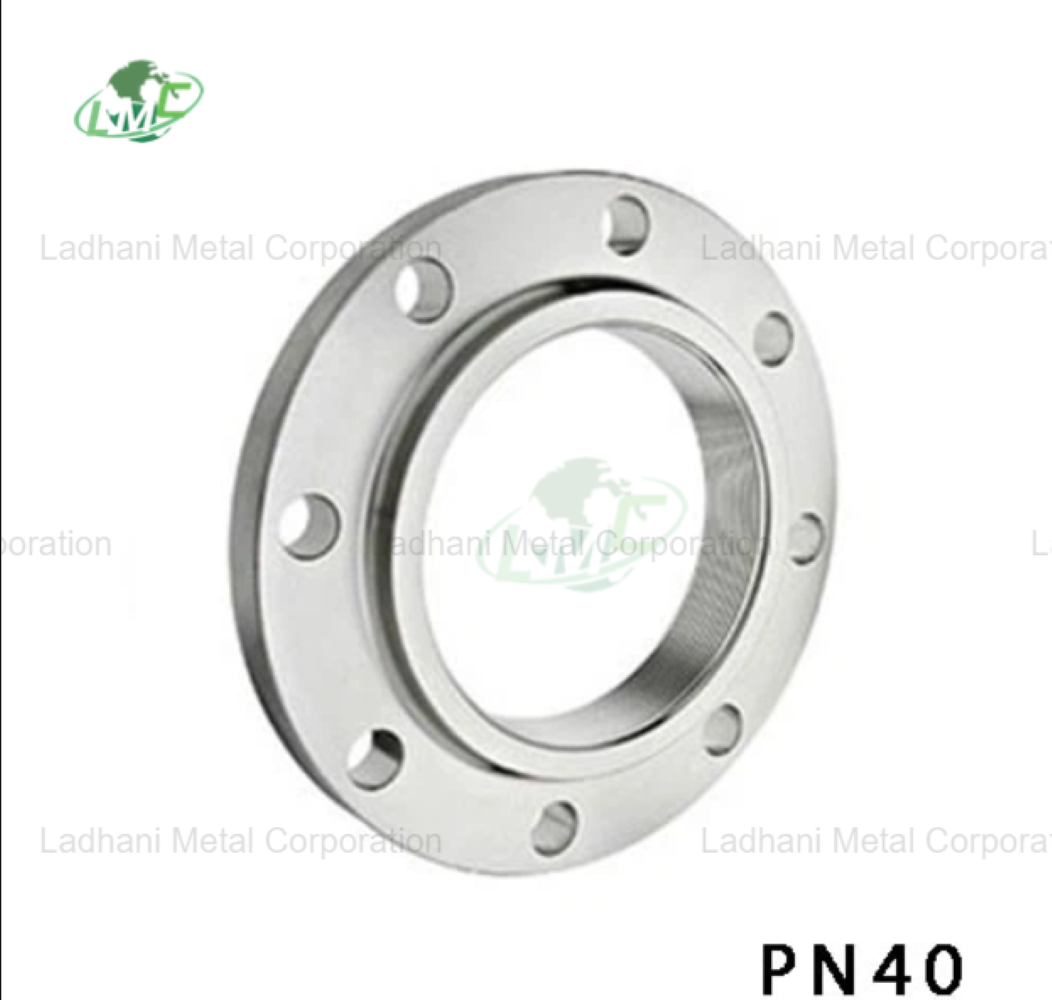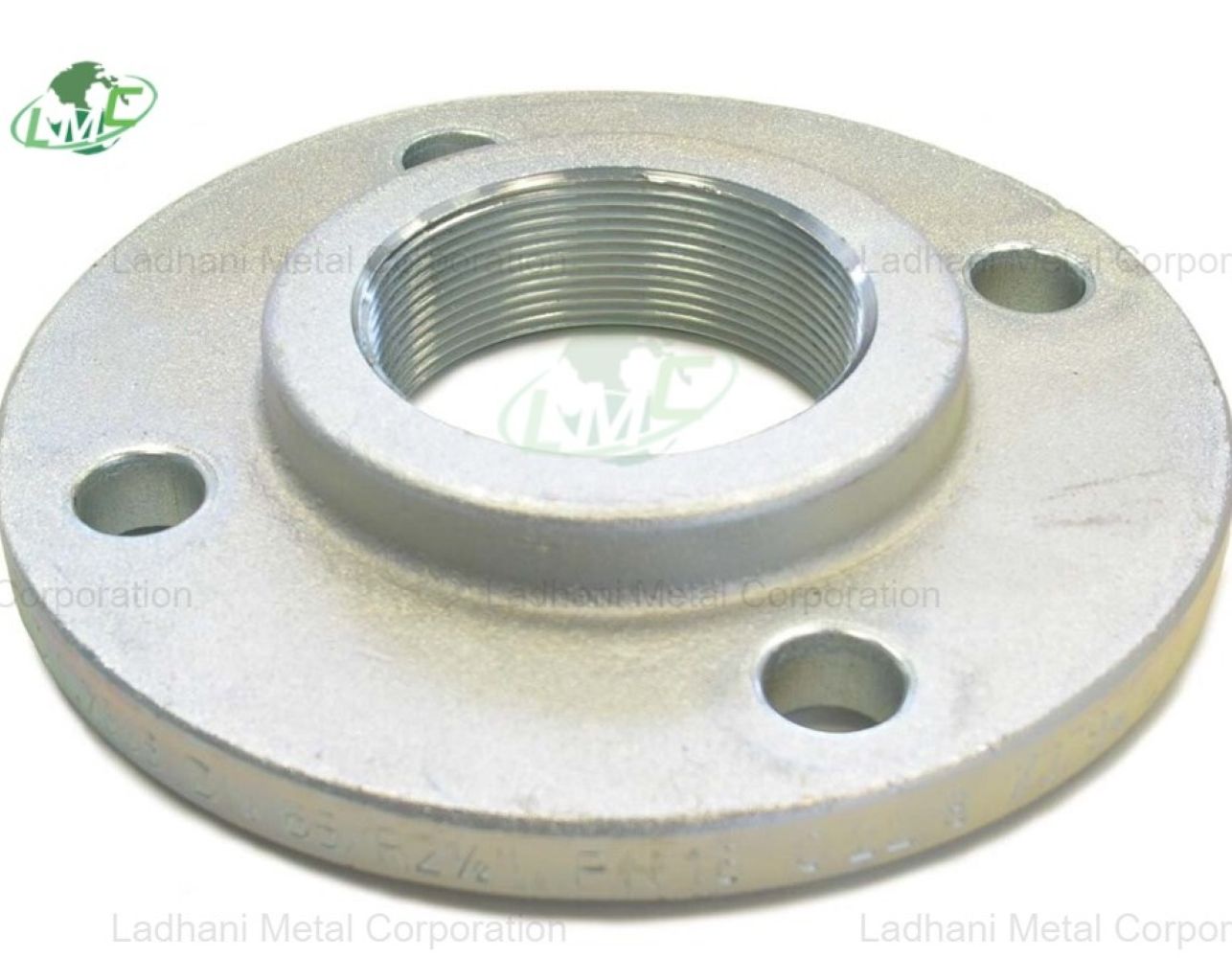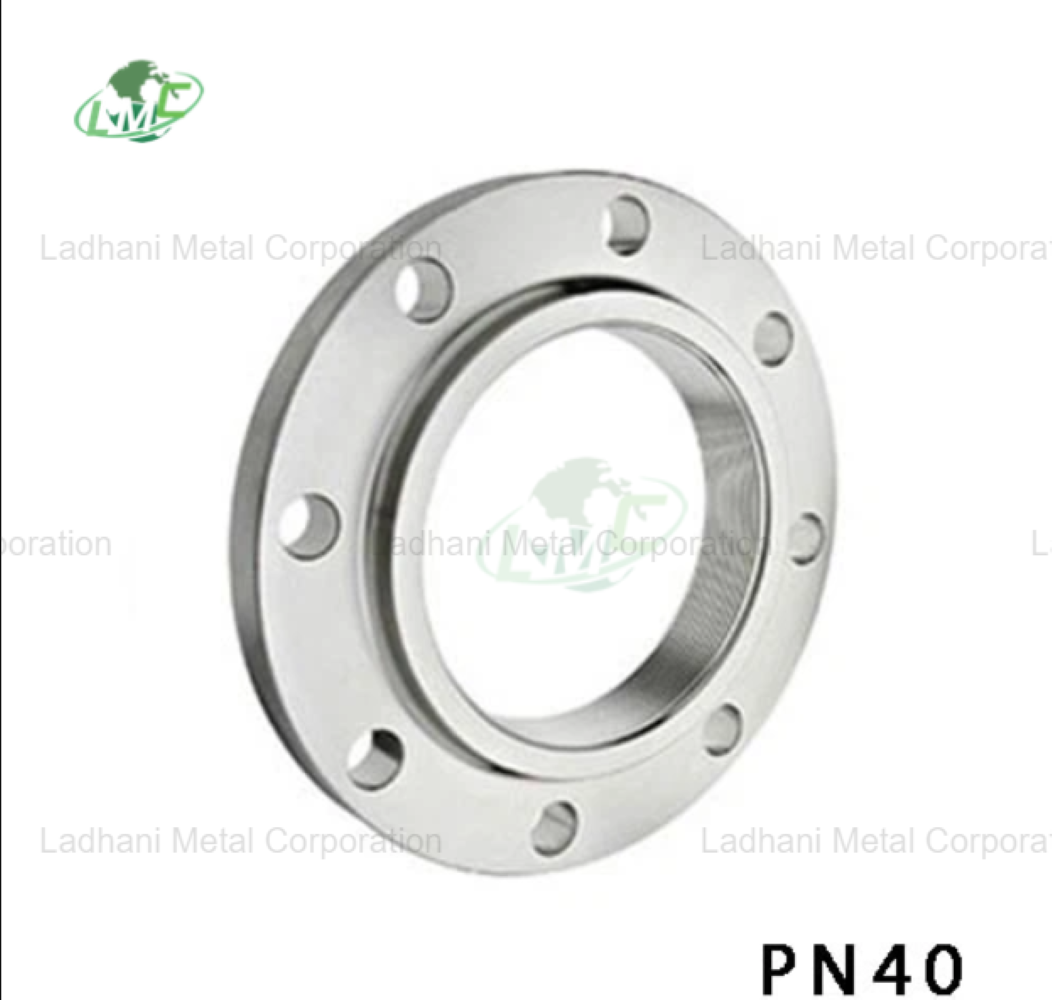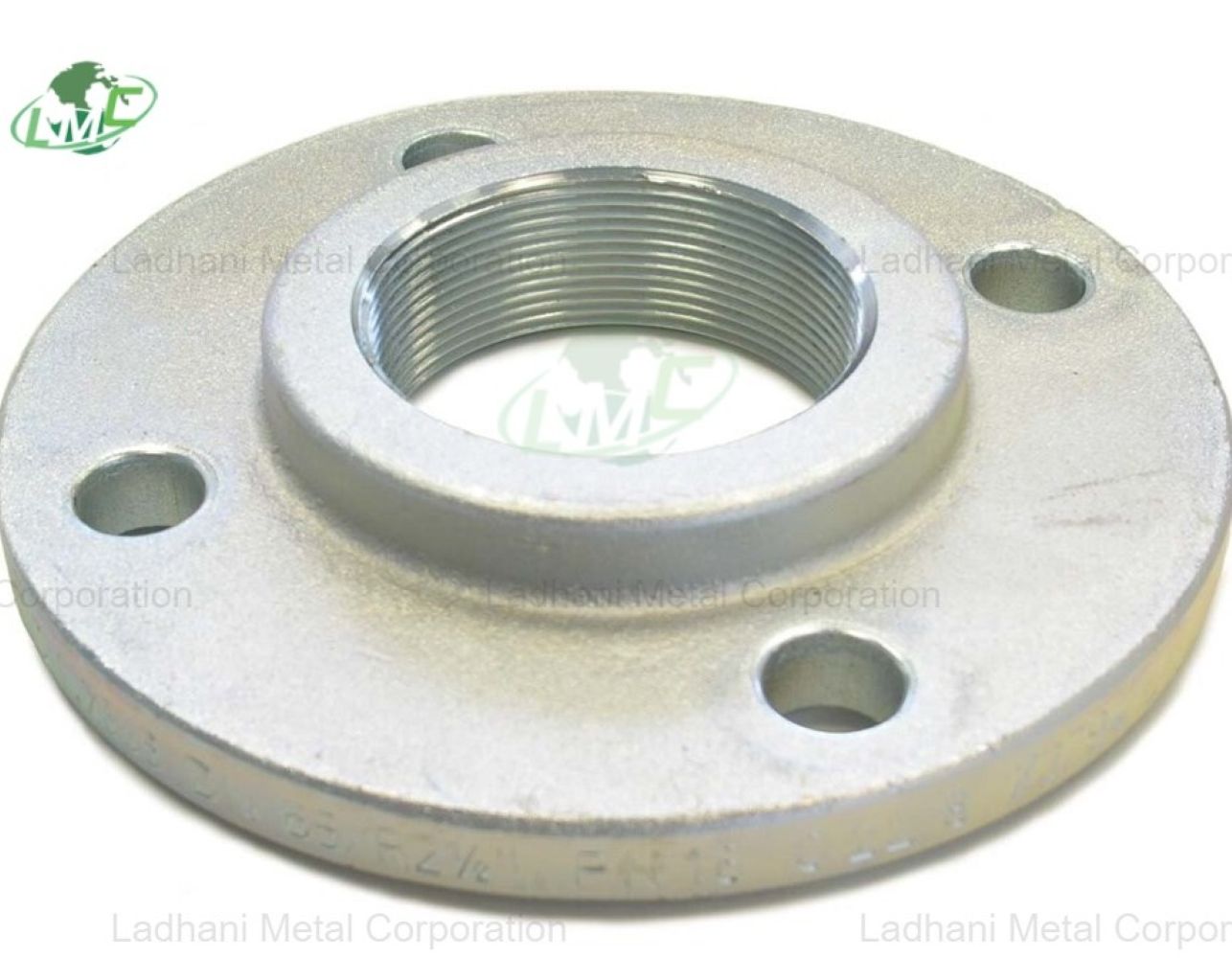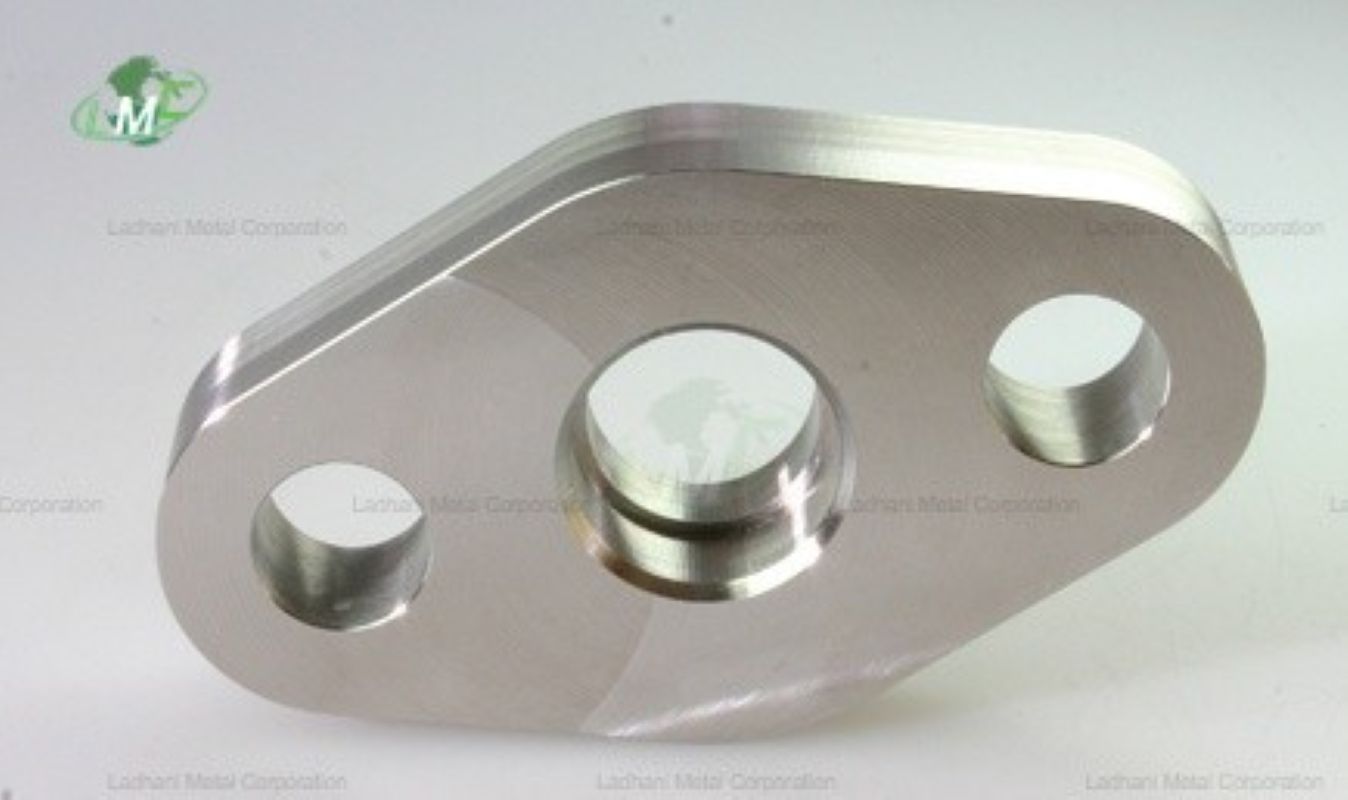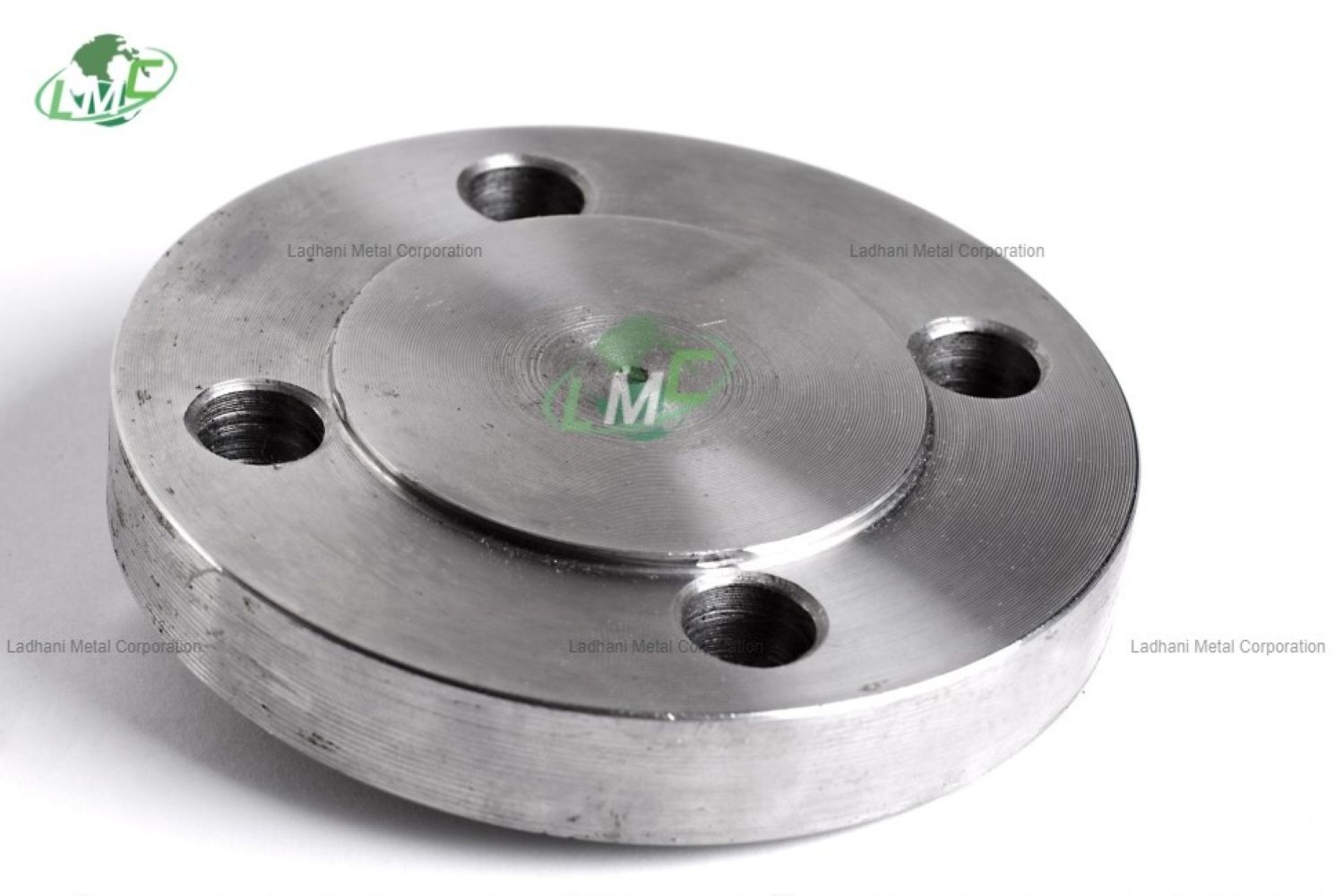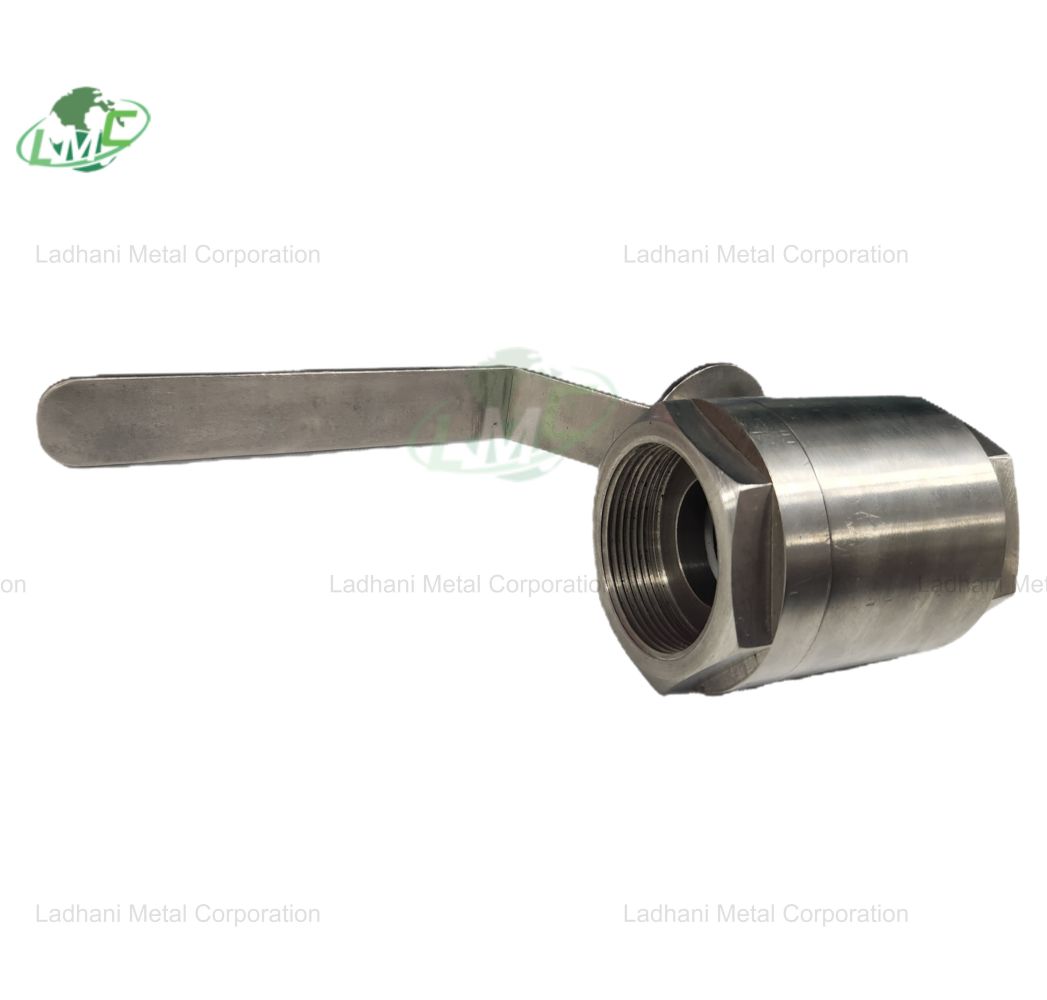Half Round Tube Shield Half Round Tube Shields by Ladhani Metal Corporation are robust, precision-fabricated protective sleeves designed to guard the outer surfaces of tubes in boilers, heat exchangers, incinerators, and high-temperature processing equipment. Engineered to extend the service life of tubes exposed to corrosive gases, abrasive particulates, and elevated temperatures, these shields provide a reliable barrier against mechanical and chemical degradation. The half-round design facilitates easy installation while ensuring a secure, form-fitting layer of defense. 1Cr13 Half Round Tube Shield The 1Cr13 Half Round Tube Shield is a semi-cylindrical component manufactured from martensitic stainless steel containing approximately 13% chromium. Classified under the 1Cr13 grade, this alloy delivers good corrosion resistance, excellent wear performance, and moderate strength at elevated temperatures. It is especially suited for thermal environments that are not extremely oxidizing or carburizing but where erosion and mechanical wear are a concern. With a higher hardness potential through heat treatment and moderate thermal resistance, 1Cr13 shields are ideal for applications involving flue gas exposure, soot-laden atmospheres, and temperature cycling. The shield’s half-round configuration is precision-engineered for optimal tube coverage and long-term durability. It offers a balance of strength, corrosion resistance, and cost-effectiveness, making it suitable for a wide range of industrial processes. Chemical Composition of 1Cr13 – Martensitic Stainless Steel • Carbon (C): 0.15 – 0.20% • Silicon (Si): ≤ 1.00% • Manganese (Mn): ≤ 1.00% • Phosphorus (P): ≤ 0.035% • Sulfur (S): ≤ 0.030% • Chromium (Cr): 12.0 – 14.0% • Nickel (Ni): ≤ 0.60% • Iron (Fe): Balance Uses • Boiler Tube Protection – Shields tube surfaces from flue gas erosion, ash particle abrasion, and soot buildup in economizers and waterwalls. • Heat Exchanger Tubes – Provides an extra layer of wear resistance in zones prone to mechanical stress and fluid turbulence. • Incinerator and Waste Heat Units – Guards tubes exposed to fluctuating temperatures, slag, and particulate deposits. • Cement Plant Piping – Protects tubing and ducts in kiln exhaust systems from abrasive dust and high flow velocity. • Air Preheaters and Recuperators – Enhances the durability of components subjected to temperature variations and corrosive gases. Features • Moderate Oxidation Resistance – Chromium content enables good performance in mildly oxidizing environments and intermittent exposure to high temperatures. • Wear and Abrasion Resistance – Martensitic structure offers high surface hardness and resistance to mechanical wear. • Heat Treatable – Can be hardened to increase durability and resistance to deformation. • Cost-Effective – Provides a lower-cost alternative to austenitic and superalloy shields for moderate service conditions. • High Dimensional Accuracy – Manufactured with tight tolerances to ensure secure fitment and uniform tube coverage. • Convenient Installation – Half-round shape enables quick mounting through welding or clamping techniques. • Versatile Finishing Options – Supplied with pickled or mechanically polished surfaces to improve corrosion resistance and adhesion. Applications • Power Generation – Used in economizer, preheater, and convection sections of boilers to prevent erosion and fouling. • Chemical and Fertilizer Plants – Protects exposed tube surfaces in systems with moderate chemical exposure. • Metallurgical Furnaces – Shields mechanical and flue components exposed to particulate movement and temperature cycling. • Pulp and Paper Industry – Used in recovery boilers and heat exchangers where corrosion resistance and mechanical strength are both required. • Petrochemical Plants – Applied in lower-temperature zones where scaling and erosion are primary concerns. Conclusion The 1Cr13 Half Round Tube Shield by Ladhani Metal Corporation provides an optimal solution for industrial tube protection in moderate temperature and corrosion environments. Its martensitic stainless steel composition ensures excellent wear resistance, good oxidation stability, and structural strength at a competitive cost. Designed for easy installation and reliable performance, these shields are ideal for various applications in power, process, and heat recovery systems. Custom-built to meet specific dimensions, material thicknesses, and finishing preferences, 1Cr13 tube shields offer dependable service life extension for critical heat transfer equipment. For technical specifications, pricing, or customization inquiries, please contact Ladhani Metal Corporation.

